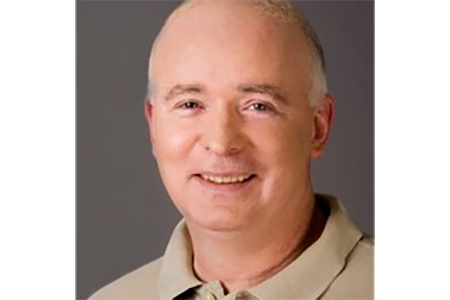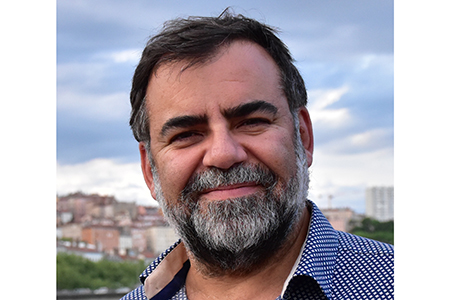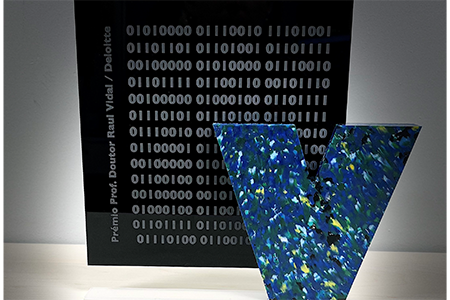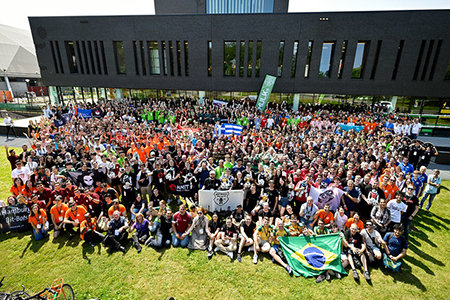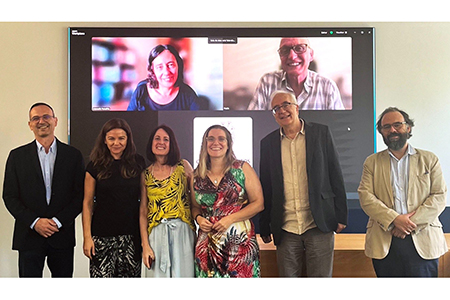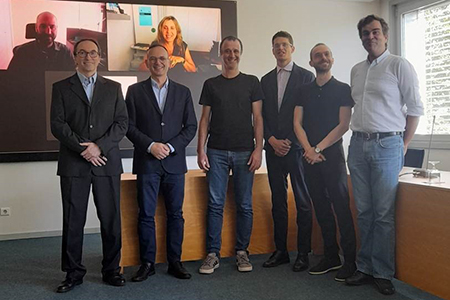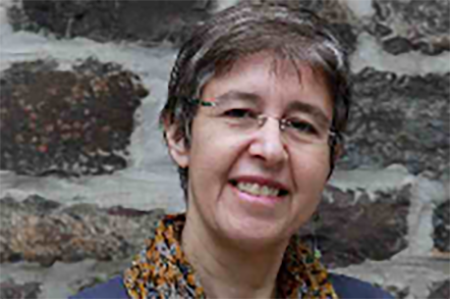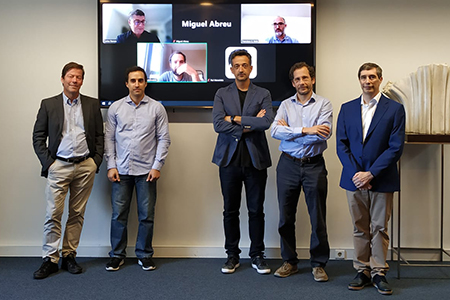“Historically, the run time of implicit mechanics has been dominated by the time required to solve a large sparse linear system. The default solver is a multifrontal sparse matrix factorization, which will reliably solve ill conditioned, indefinite problems. The multifrontal method turns a sparse matrix factorization into a directed acyclic graph of smaller, dense “frontal” matrix factorizations, and these can be accelerated using Graphics Processing Units. As the number of processors used grows into the thousands, reordering the sparse matrix to reduce the storage and operations required to factor it, is the emerging computational bottleneck. Reordering is NP-complete, and in computational mechanics the preferred heuristic is nested dissection, i.e., recursive graph partitioning. Finding a balanced min cut is NP-hard, and classical codes such as ParMetis have limited parallel scaling. This talk will also discuss on-going work to explore a new generation of specialized devices for solving optimization problems. These include the D-Wave adiabatic quantum annealer, so called Silicon annealers produced by Fujitsu and Toshiba, the LightSolver Laser Processing Unit. The Digital Annealer is a dedicated chip that uses non-von Neumann architecture to minimize data movement in solving combinatorial optimization problems.”
“Accelerating Implicit Mechanics” will be presented October 10, at 15:00, room Vasco Sá (L119) – Sala de Atos do Departamento de Engenharia Mecânica.
“Dr. Robert F. Lucas received his BSc, MSc, and PhD degrees in Electrical Engineering from Stanford University in 1980, 1983, and 1988 respectively. He is currently an Ansys Fellow where he is responsible for the default multifrontal linear solver used in LS-DYNA and MAPDL. Previously, he was the Operational Director of the University of Southern California (USC) – Lockheed Martin Quantum Computing Center. Before joining USC, he was the Head of the High-Performance Computing Research Department in the National Energy Research Scientific Computing Center (NERSC) at Lawrence Berkeley National Laboratory and before that the Deputy Director of DARPA’s Information Technology Office. From 1988 to 1998 he was a member of the research staff of the Institute for Defense Analyses’s Center for Computing Sciences. From 1979 to 1984 he was a member of the Technical Staff of the Hughes Aircraft Company.”
Note: This talk is preceded by another talk, geared towards Mechanical Engineering and focusing on the use of ANSYS/LS-DYNA for modeling and simulation, by the same speaker at 14:00, in the same room, entitled “An Industrial Grand Challenge”. You are all welcome.
